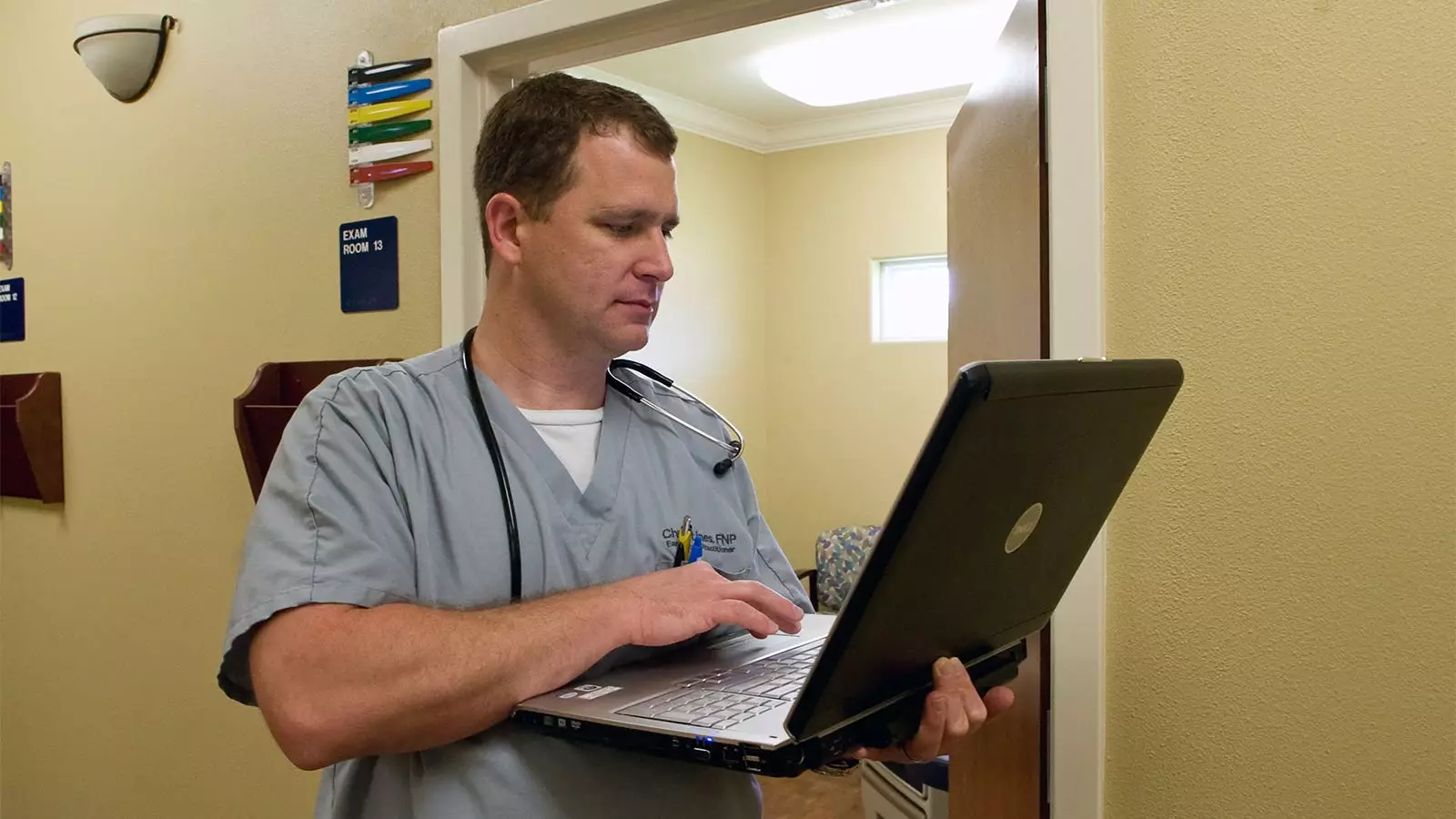The nursing shortage crisis is a pressing issue that our healthcare system is currently facing. As the population ages and the need for nursing care continues to grow, the projected intensification of the nursing shortage in the next few years is alarming. This shortage is not just a statistic on paper; it is a reality that healthcare professionals deal with on a daily basis. The Bureau of Labor Statistics predicts a significant gap between the number of nursing job openings and the expected new nurses entering the workforce, potentially resulting in a shortage of over a million nurses in the next decade.
One of the key areas where a significant gap exists within the nursing profession is the underrepresentation of male nurses. As of 2022, only 12% of the nursing workforce in the U.S. were men. This lack of gender diversity not only limits the potential growth and sustainability of the nursing workforce but also hinders the ability to address the nursing shortage effectively. Achieving gender parity in nursing could potentially alleviate the shortage multiple times over, emphasizing the crucial role that male nurses can play in bridging this gap.
Despite nursing being a fulfilling, well-paid, and in-demand career, the profession has become gendered over time, with stereotypes associating nursing with women. These misconceptions not only discourage men from pursuing nursing as a career but also perpetuate the gender disparity within the profession. Nursing is founded on core values such as caring, diligence, teamwork, service, and leadership, all of which transcend gender. It is essential to challenge and break down these stereotypes to create a more inclusive environment that welcomes all nurses, regardless of gender.
Research has consistently shown that diversity in healthcare leads to improved patient outcomes. Patients benefit from being treated by healthcare professionals who can understand, relate to, and empathize with them. By encouraging individuals from underrepresented backgrounds to pursue nursing as a career, we can create a healthcare workforce that reflects the diversity of the patient population. Nursing schools play a crucial role in championing diversity and preparing graduates to meet the evolving healthcare needs of today’s world.
As the healthcare system continues to evolve and face future challenges, the need for a diverse nursing workforce becomes increasingly apparent. Nurse educators and clinicians share the responsibility of combating stereotypes, embracing diversity, and working towards a profession that mirrors the patients it serves. Creating a welcoming environment for all nurses, regardless of gender or background, is essential to attract and retain a diverse pool of nursing professionals. Expanding educational models to support students with diverse needs and circumstances is crucial in promoting inclusivity within the nursing profession.
The critical role of male nurses in alleviating the nursing shortage cannot be overstated. By actively encouraging men to pursue nursing as a career, dismantling stereotypes, and promoting diversity within the profession, we can create a more balanced and inclusive nursing workforce. Embracing gender diversity, along with diversity in all aspects of healthcare, is vital in ensuring that patients receive the quality care they deserve. As we navigate through the challenges of the nursing shortage crisis, fostering a diverse and skilled nursing workforce remains key to meeting the growing healthcare needs of our society.

Leave a Reply